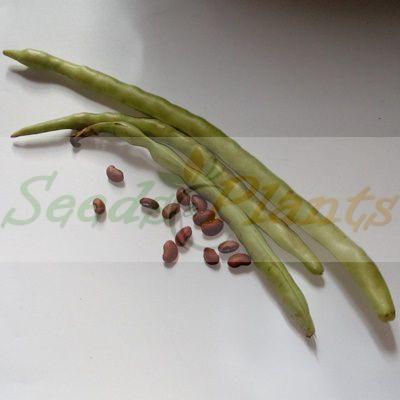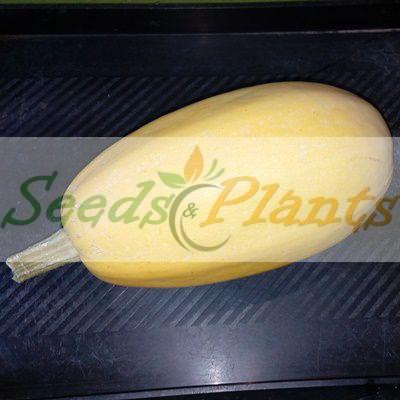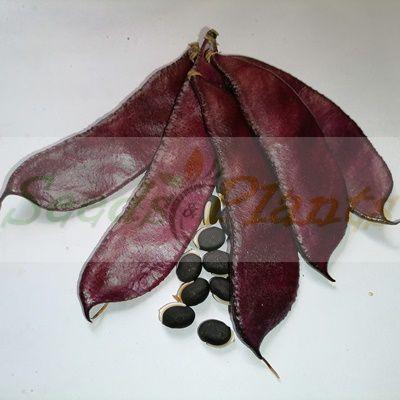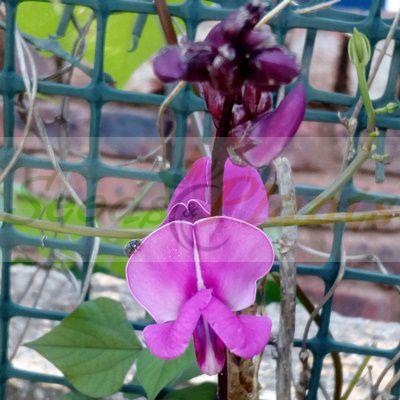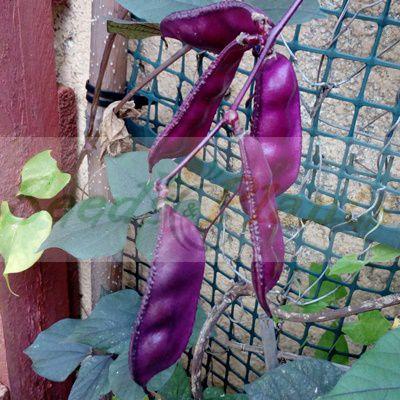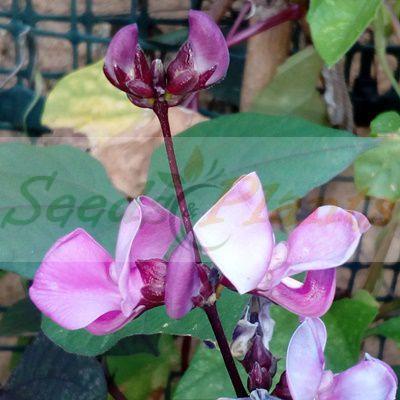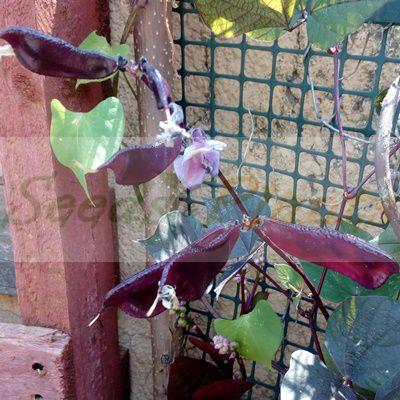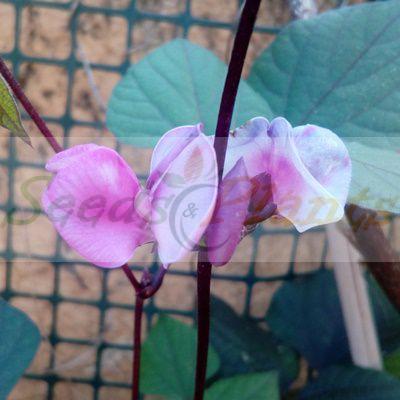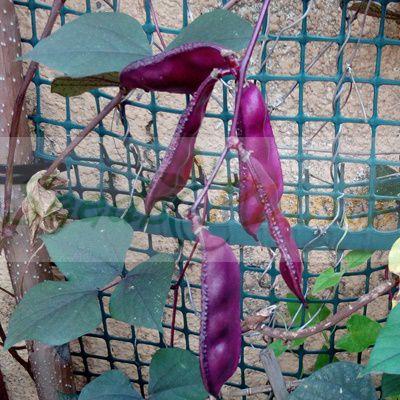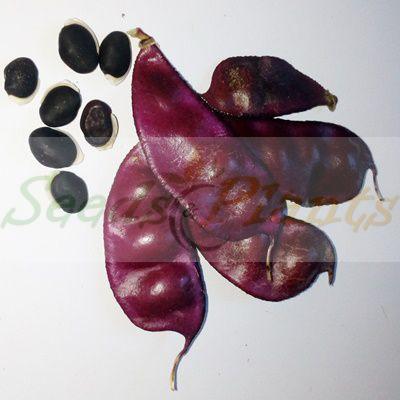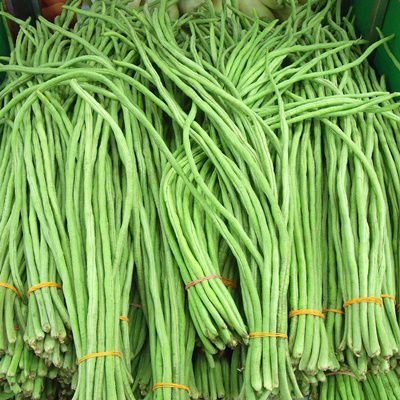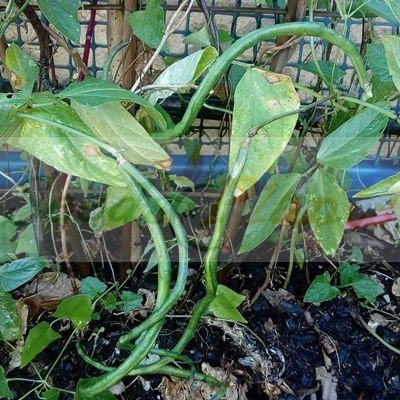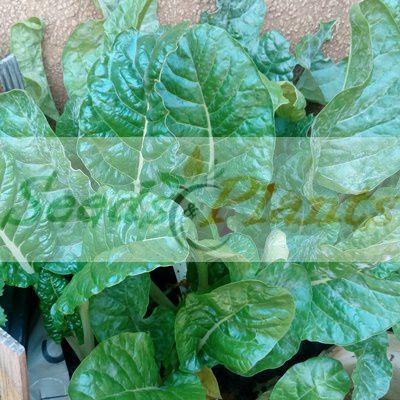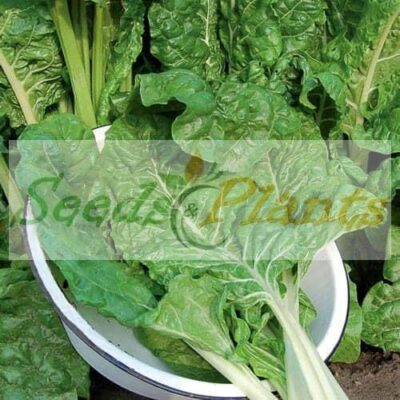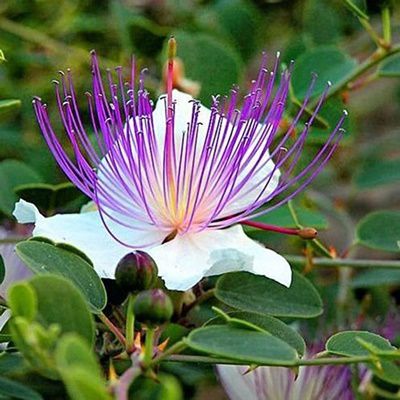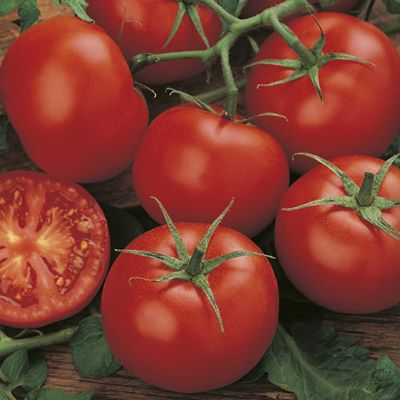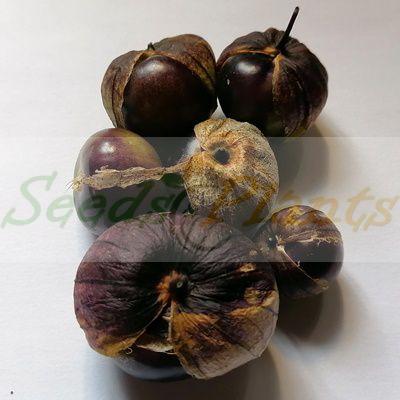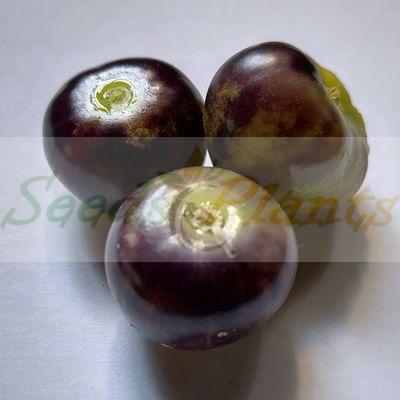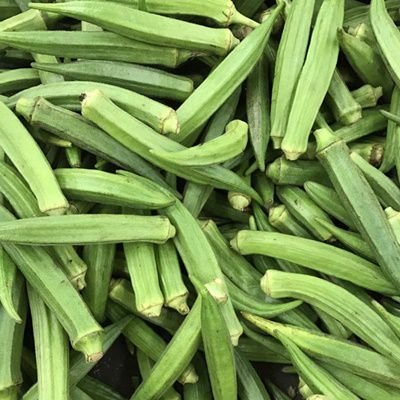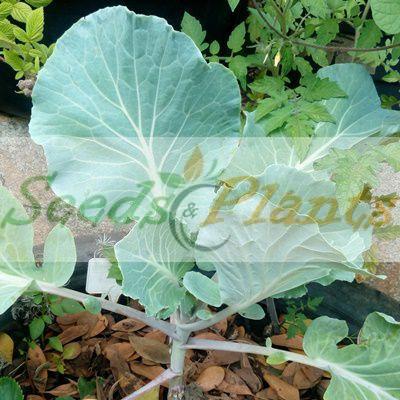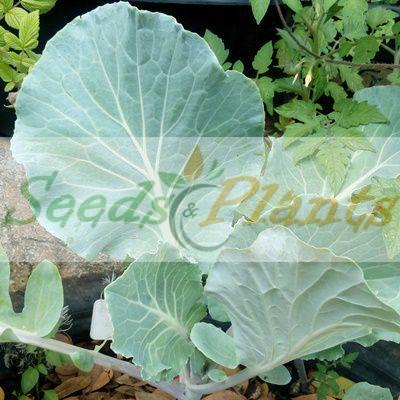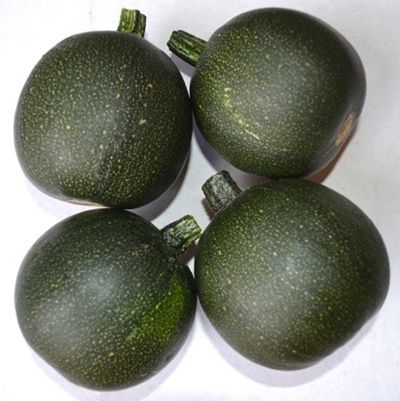🥕 Vegetable Quick Facts
Purple Hyacinth Bean – 10 Seeds
(Lablab purpureus)
R30.00
Purple Hyacinth bean is a perennial bean from Africa grown as food crop in some parts of Africa and much of Asia, especially India.
Seed Type: Organic – Harvested from our own plants.
Indoor Sowing: Not Recommended.
Direct Sowing: Spring and Summer.
Out of Stock
Email me when the product is back in stock.
🥕 Vegetable Quick Facts
Purple Hyacinth bean (Lablab purpureus) also sometimes called Dolichos lablab, is a perennial bean from tropical Africa that is an important food crop in some parts of Africa and much of Asia, especially India. Other common names include: Indian Bean, Egyptian Bean, Tonga Bean and LabLab.
The fast-growing hyacinth bean vine functions as an ornamental plant, food source, and butterfly magnet, and even works as a beautiful privacy fence. The leaves, stems, and seed pods are purple tinged. The flowers resemble sweet peas in purple, white and lilac hues.
The young, tender flat bean pods are most often eaten and in some areas the foliage is consumed as greens similar to spinach. While you can enjoy the young shoots or the blooms as salad extras or edible garnishes, the mature or dried beans are toxic. However, soaking the seeds in water and then boiling the seeds in two changes of water, renders them edible.
Warning: Uncooked seeds are poisonous, with toxic levels of cyanogenic glucosides. They can cause vomiting, breathing problems and convulsions.
Growing Purple Hyacinth bean
Indoor Sowing: Not Recommended.
Direct Sowing: Spring and Summer.
- Soak the seeds for 6-8 hours or overnight in warm water to speed germination.
- Seeds can be sown directly outdoors once the threat of frost has passed or started indoors several weeks before the weather warms.
- Plant the seeds an inch and a half deep, firm the soil over them, and keep it well watered.
- Germination is in 7-10 days.
- Since the plant is a vine, similar to runner beans, it is best to provide some sort of support for the vine to climb onto, such as a trellis.
- At first, growth is gradual and mostly comprised of leaves. But as the weather warms up, hyacinth beans grow fast and furiously.
- Expect blooms from mid- to late summer.
- Pods will start forming about 90 days after planting.
Disclaimer
Medicinal Information:
All medicinal information on this website is for educational and informational purposes only and may not be construed as medical advice. The information is not intended to replace medical advice or treatment offered by healthcare professionals.
Seeds, Plants, Plant Cuttings, Geophytes and Dried Herbs:
In some countries and provinces, certain plants are deemed as invasive and are not allowed to be planted at all, whilst some plants are allowed to be grown only in certain areas or provinces. The onus is on you as the buyer to familiarize yourself with the regulations pertaining to your location, before purchasing any of our seeds, plants, plant cuttings, geophytes or dried herbs. We will not be held liable, should you purchase any seeds, plants, plant cuttings, geophytes or dried herbs. from us which are prohibited in your country or province.

